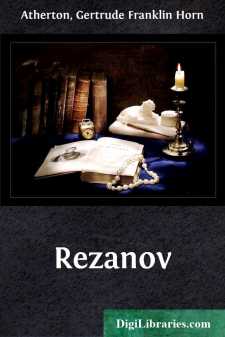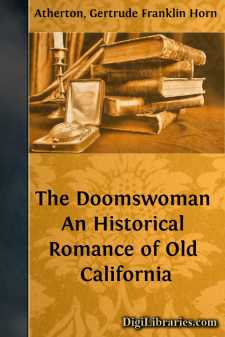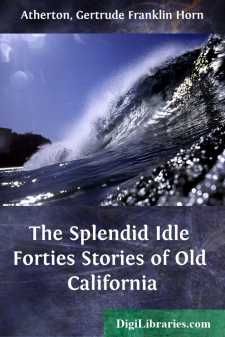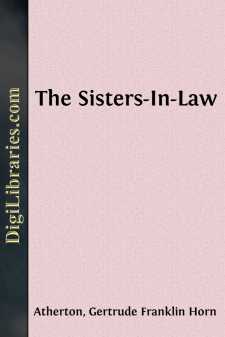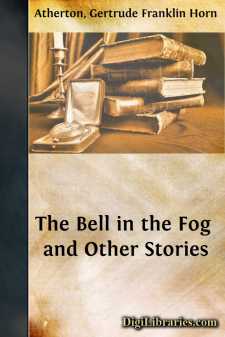Categories
- Antiques & Collectibles 13
- Architecture 36
- Art 48
- Bibles 22
- Biography & Autobiography 815
- Body, Mind & Spirit 144
- Business & Economics 28
- Children's Books 18
- Children's Fiction 14
- Computers 4
- Cooking 94
- Crafts & Hobbies 4
- Drama 346
- Education 58
- Family & Relationships 59
- Fiction 11834
- Games 19
- Gardening 17
- Health & Fitness 34
- History 1378
- House & Home 1
- Humor 147
- Juvenile Fiction 1873
- Juvenile Nonfiction 202
- Language Arts & Disciplines 89
- Law 16
- Literary Collections 686
- Literary Criticism 179
- Mathematics 13
- Medical 41
- Music 40
- Nature 179
- Non-Classifiable 1768
- Performing Arts 7
- Periodicals 1453
- Philosophy 65
- Photography 2
- Poetry 896
- Political Science 203
- Psychology 44
- Reference 154
- Religion 515
- Science 126
- Self-Help 85
- Social Science 83
- Sports & Recreation 34
- Study Aids 3
- Technology & Engineering 59
- Transportation 23
- Travel 463
- True Crime 29
Our website is made possible by displaying online advertisements to our visitors.
Please consider supporting us by disabling your ad blocker.
Rezanov
Description:
Excerpt
INTRODUCTION
A long list of works Gertrude Atherton has to her credit as a writer. She is indisputably a woman of genius. Not that her genius is distinctively feminine, though she is in matters historical a passionate partisan. Most of the critics who approve her work agree that in the main she views life with somewhat of the masculine spirit of liberality. She is as much the realist as one can be who is saturated with the romance that is California, her birthplace and her home, if such a true cosmopolite as she can be said to have a home. In all she has written there is abounding life; her grasp of character is firm; her style has a warm, glowing plasticity, frequently a rhythm variously expressive of all the wide range of feeling which a writer must have to make his or her books living things. She does no less well in the depiction of men than in the portraiture of women. All stand out of their vivid environment distinctly and they are all personalities of power—even, occasionally, of "that strong power called weakness." And they all wear something of a glory imparted to them by the sympathy of their creator and interpreter. High upon any roster of our best American writers we must enroll the name of Mrs. Atherton.
Of all her books I like best this "Rezanov," though I have not found many to agree with me. It is not so pretentious as others more frequently commended. It is a simple story, almost one might say an incident or an anecdote. It is not literally sophisticated. For me that is its unfailing charm. I find in it not a little of the strange, primeval quality that makes me think of "Aucassin and Nicolette." For it is not so much a novel as an historical idyl, not to be read without a persisting suffusion of sympathy and never to be remembered without a recurring tenderness. Remembered, did I say? It is unforgettable. There are few books of American origin that resist so well the passing of the years, that take on more steadily the glamour of "the unimaginable touch of time." "Rezanov" is a classic, or I miss my guess. This, though it was first published so recently as 1906.
The story has the merit of being, to some extent historically, and wholly artistically, true. For the matter-of-facts Mrs. Atherton provides a bibliography of her authorities. Those authorities I have not read, nor should others. Sufficient unto me is the authority of the novel itself splendidly demonstrated and established in the high court of the reader's head and heart by the author's visualizing veritism. Not twenty pages have you turned before you know this Rezanov, privy councilor, grand chamberlain, plenipotentiary of the Russo-American company, imperial inspector of the extreme eastern and northwestern dominions of his imperial majesty Alexander the First, emperor of Russia—all this and more, a man. He comes out of mystery into the softly bright light of California, in strength and shrewdness and dignity and personal splendor. And there is amidst it all a pathos upon him....


